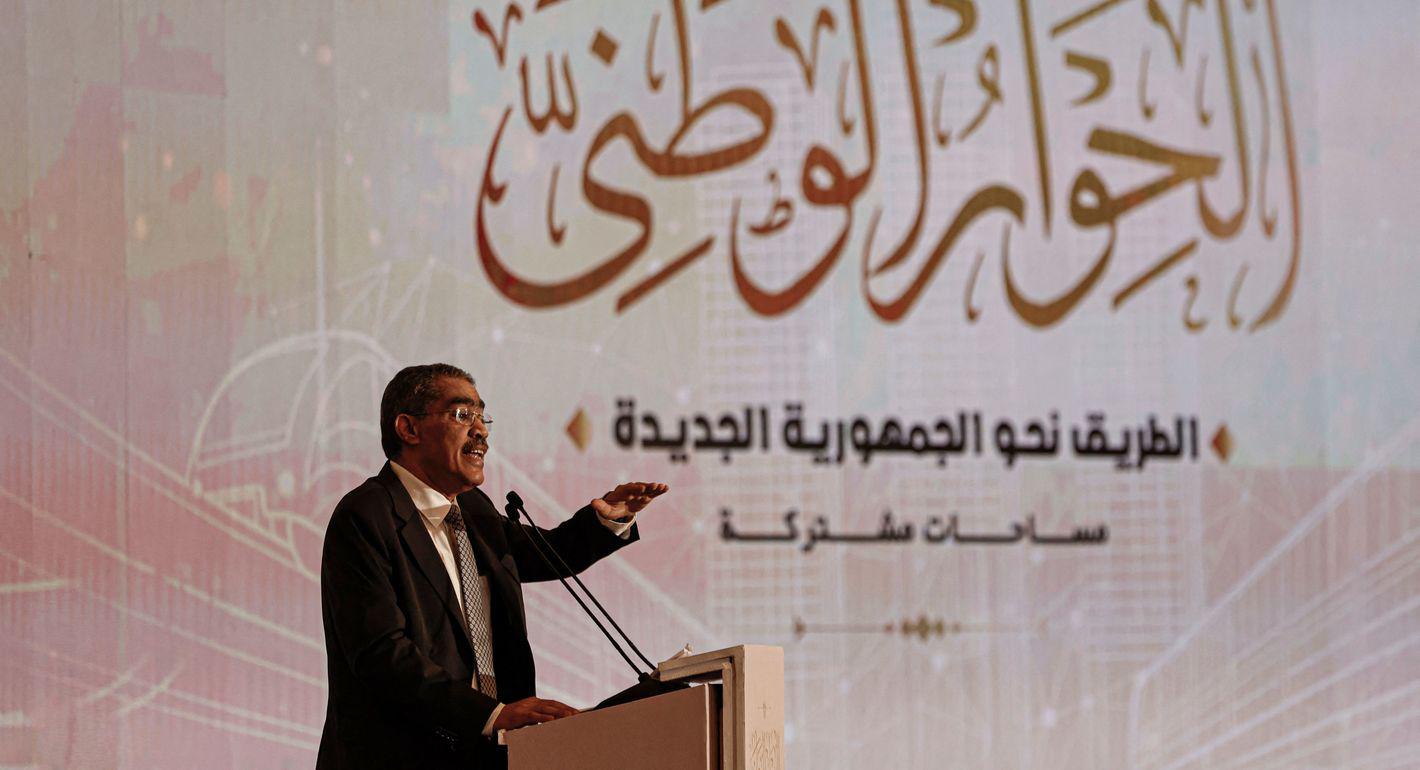During the height of the COVID-19 pandemic in 2020, the Egyptian government enforced a partial shutdown that caused severe economic distress, particularly among the poorest segments of the population. Later in the year, President Sisi called for providing financial support to the irregular workforce that was among the hardest-hit by the shutdown. Several commentators noted that the government’s approach to managing this crisis involved a central role for civilian bureaucracies and was rather tolerant of dissent, which seemed atypical for observers who spent over a decade examining the expanding role of the Egyptian military.
The president’s initiative was overseen by a committee that included three cabinet ministries and two non-cabinet agencies. But since the committee needed to compile, integrate, and validate hundreds of thousands of applications for financial support, implementation necessitated an important role for non-state actors—those who had large databases from their charitable activities involving Egyptians in the irregular workforce, and could provide access to potential beneficiaries. These non-state partners however, remained outside the formal composition of the committee, and their inclusion remained contingent upon prior relationships with state agencies. For such NGOs as the Egyptian Food Bank and the Baheya Foundation, which had been affiliated with the state since their inception, cooperation with state agencies was a continuation of business-as-usual, and could also help strengthen their reputation and encourage donations.
Observers could note a similar trend in other policy areas toward a more prominent role for civilian bureaucracies and inclusion of non-state and sub-state actors. Launched in the lead-up to COP27 in Sharm El-Sheikh, the National Initiative for Smart Green Projects, aims to build local capacities to implement green projects. The central government’s role is mainly restricted to an organizer and regulator. Non-state actors from the private sector, academia, and independent consultants have been involved in setting standards, training, and evaluation. Although some central ministries and state agencies are also involved, implementation is taking place mainly at the governorate level.
Several factors are encouraging this move toward expanding the scope of civilian bureaucracies and allowing more space for previously marginalized actors. For one, the complexity of current national challenges, particularly those triggered by international crises, such as the COVID-19 pandemic and the Russia-Ukraine war, necessitate collaboration between state and non-state actors. Second, the regime’s international commitments, such as those related to environmental sustainability, as well as its interest in demonstrating its commitment to political reform, encourage such collaboration.
Third, Egypt’s overlapping economic challenges, marked by debt and inflationary pressures, have come after a decade of state expansion and exposed the economy’s structural weaknesses and vulnerability to international shocks. The current crisis has proven that the public sector is not capable of leading economic growth and attracting investments. The government has declared its intent to reverse state involvement in the economy and create a level playing field for the public and private sectors. These polices could challenge bureaucratic and business elites who stood to gain from the expanding role of the state since 2014. Sisi could therefore be attempting to legitimize reducing the role of the state and the military in the economy, and fill the void they would leave, through broadening his base and allowing civilian bureaucracies, non-state, and sub-state actors to take the lead in certain policy areas.
The recently-launched Egyptian National Dialogue may be a good barometer of the regime’s commitment to inclusion: while many critics have described it as a façade of political participation, a broad spectrum of political parties and factions joined to discuss reforms ranging from K-12 curricula to the elimination of tax and customs benefits for state-owned companies. Whether expanding the role of civilian bureaucracies and increasing the involvement of non-state actors in policymaking is little more than a public relations exercise—or indicative of meaningful governance reforms—is a question that will be tested in the coming months, especially after the presidential elections that President Sisi is expected to win in a landslide.
Mohamed Alaa Abdel-Moneim is Associate Professor of Public Administration in the Faculty of Economics and Political Science (FEPS) at Cairo University. His research focuses on governance, public sector reform, education policy, and political economy in the Middle East.



.jpg)


